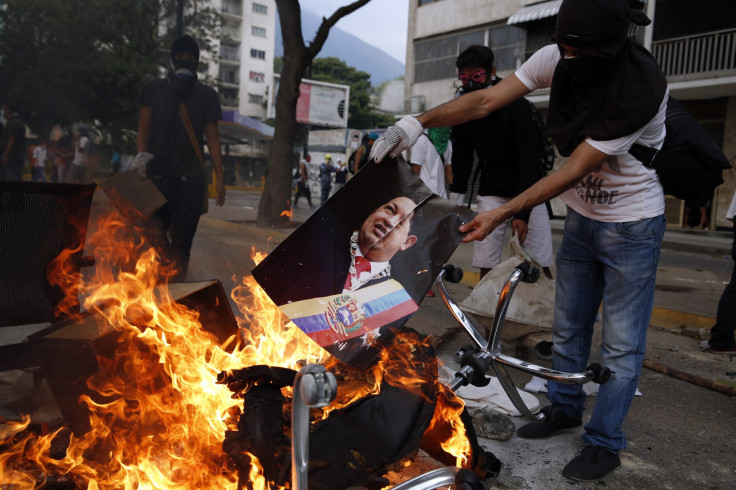
The top State Department official on Latin America told reporters on Thursday that the Obama administration was not taking the options of sanctions against Venezuela officials off the table, saying it could act if the government of Nicolás Maduro did not engage critics in dialogue and protect the rights of demonstrators. “No country wants to implement sanctions, but we can’t say that we aren’t going to implement them because there might come a moment where sanctions are a very important tool in some way or another,” said Assistant Secretary of State Roberta S. Jacobson, according to the Associated Press. “If there’s no movement, if there’s no possibility of dialogue, if there’s no democratic space for the opposition, we have to think of that, and we are thinking of that.”
Meanwhile, Florida senator Marco Rubio continued in a floor speech to push for sanctions against Venezuelan officials associated with violence against opposition protestors, adding that in coming weeks, those who should be targeted by sanctions would be identified “by name”. He also disparaged Venezuelan National Assembly president Diosdado Cabello as a “criminal” for announcing the expulsion of opposition lawmaker María Corina Machado from the Assembly after she denounced Maduro’s government before the Organization of American States (OAS), where she was serving as Panama’s alternative representative. Cabello said Machado had violated the constitution by accepting Panama’s offer; Machado contests the claim.
Also on Thursday, Colombian President Juan Manuel Santos announced that after a mission of South American ambassadors met with opposition leaders as well as Maduro in Caracas on Wednesday, both parties had accepted to initiate a dialogue. Santos added that ambassadors from three countries had been tasked with “putting on the finishing touches so that the dialogue can take place”. The news comes two weeks after Maduro proposed a “high-level commission for peace and respect for sovereignty” made up of high-ranking US officials, Venezuelan officials and a delegate from the South American regional bloc UNASUR. He also warned that sanctions would be roundly rejected by other Latin American countries and put the relationship between the two countries on “the path of no return”.
© 2025 Latin Times. All rights reserved. Do not reproduce without permission.





